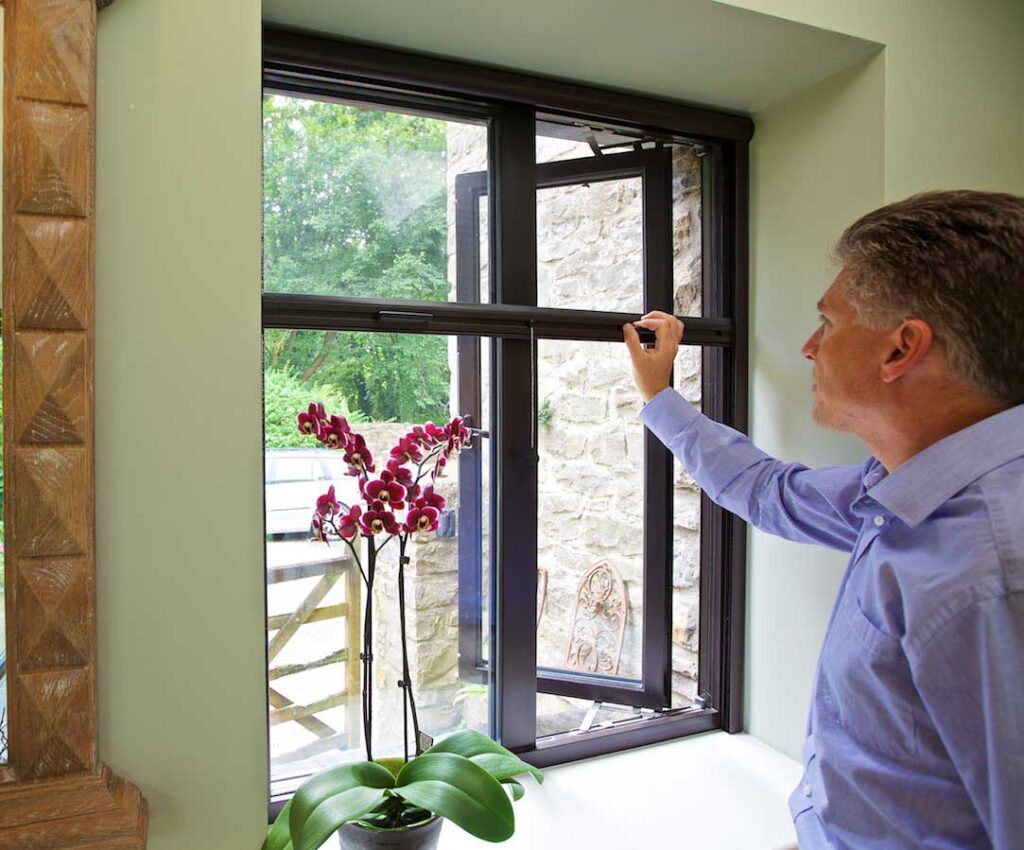Insect screens, often referred to as window screens or flyscreens, are a vital part of our daily lives. They provide a barrier that keeps insects out while allowing fresh air to flow freely into our homes and other spaces. However, not all insect screens are created equal. There are various types available, each designed to meet specific needs and preferences. In this guide, we will explore the different types of insect screens to help you choose the one that best suits your requirements.
1. Fiberglass Insect Screens
Fiberglass insect screens are among the most common and cost-effective options available. They consist of a fine mesh made from woven fiberglass threads. These screens are lightweight, easy to install, and durable. They effectively keep out insects like mosquitoes and flies while allowing good airflow and visibility. Fiberglass screens are also resistant to corrosion and do not rust. Visit for Insect Screen manufacturer.
2. Aluminum Insect Screens
Aluminum insect screens are known for their strength and durability. They are made from woven aluminum wires, making them more rigid than fiberglass screens. Aluminum screens are resistant to rust and corrosion, making them an excellent choice for areas with high humidity or salt exposure, such as coastal regions. They are also available in various colors to match your window frames.
3. Stainless Steel Insect Screens
Stainless steel insect screens are the most robust and long-lasting option available. They are highly resistant to corrosion, rust, and even damage from pets or wildlife. These screens are ideal for areas where extreme durability and security are required. While they may be pricier than other options, their longevity and effectiveness make them a worthwhile investment.
4. Pet-Resistant Insect Screens
For households with pets, pet-resistant insect screens are a valuable choice. These screens are specially designed to withstand the claws and paws of cats and dogs. They are typically made from a vinyl-coated polyester or fiberglass material that is more resistant to tearing and damage. Pet-resistant screens allow you to enjoy the benefits of insect screens without worrying about your furry friends causing harm.
5. Solar Insect Screens
Solar insect screens serve a dual purpose by not only keeping insects out but also reducing heat and glare from the sun. They are made from a special mesh that blocks a portion of solar radiation while maintaining good visibility and airflow. These screens are energy-efficient and can help reduce cooling costs in hot climates.
6. Retractable Insect Screens
Retractable insect screens offer flexibility and convenience. These screens can be rolled up or retracted when not in use, allowing you to have an unobstructed view and access to your windows or doors. They are a popular choice for patios, porches, and large openings. Retractable screens can be manual or motorized, making them easy to operate.
7. Magnetic Insect Screens
Magnetic insect screens are a DIY-friendly option that attaches to your window frames using magnets. These screens are easy to install and remove, making them a great choice for renters or those looking for a temporary insect screen solution. They are available in various sizes and can be custom-fit to your windows.
8. Specialty Screens
In addition to the common types mentioned above, there are specialty insect screens designed for specific purposes. This includes screens with finer mesh for tiny insects like gnats, screens with UV-resistant coatings, and screens that offer added privacy by reducing visibility from the outside.
Why Insect Screen Maintenance Matters
- Prolongs Screen Lifespan: Regular maintenance can significantly extend the life of your insect screens, saving you the cost and effort of frequent replacements.
- Ensures Proper Functionality: Well-maintained screens maintain their integrity, effectively keeping pests out while allowing fresh air to flow in.
- Maintains Aesthetic Appeal: Clean and well-maintained screens contribute to the overall aesthetics of your home. Dirty, torn screens can be unsightly.
- Enhances Indoor Air Quality: Screens that are free from dust and debris provide better filtration, helping to improve your indoor air quality.
When choosing an insect screen, consider factors such as your location, the types of insects you want to keep out, your budget, and any unique requirements you may have. With the right insect screen, you can enjoy insect-free comfort and fresh air in your home or space while adding a layer of protection and convenience to your daily life.

